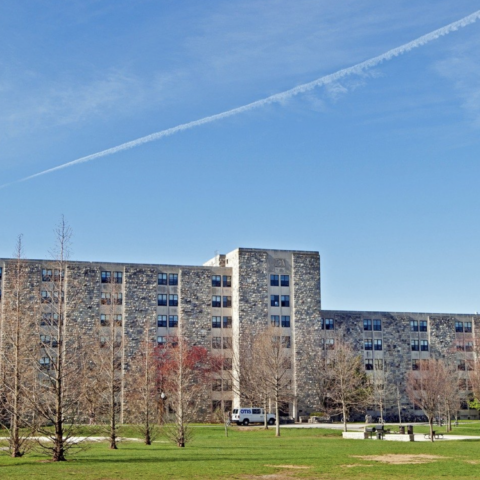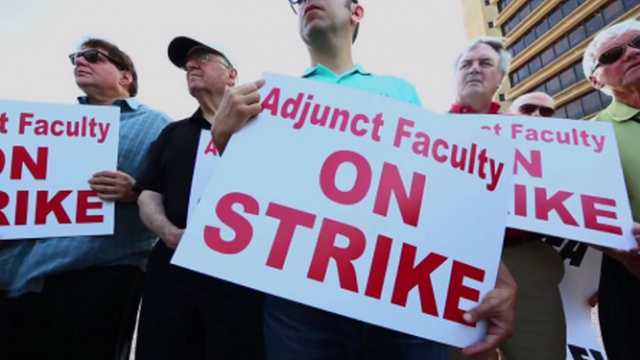By: Carson Aft
The pursuit of higher education brings with it the promise of class mobility and prosperity. Deeply connected, the growth of mind and bank account define success and the American dream. The lofty prestige of learning, once bestowed only to a select few within society, now finds itself undergoing drastic changes. Due to an increasing similarity between modern college and 20th century high school and the movement toward high-skill jobs in America, college is transitioning from an aspiration to a necessity.
The modern college experience is very similar to what high school used to be. Finishing high school was once seen as an extreme accomplishment implying wealth. Rather than leaving school to help family or earn a wage, children that were able to finish schooling had much brighter futures compared to those that were not. Society did not demand any further education than was legally required, but praised it. The approach to high school has changed drastically, as finishing high school has become an expected qualification for most applicants
The necessity of secondary education is apparent in the graduation rate throughout American history. From the beginning of the 20th century to the beginning of the 21st century, the percentage of students graduating high school increased by more than a 1000 percent. This data can be attributed to the increasing scope of high school education, as well as its implications in earning more money throughout a lifetime.
The motivation of money is not the only way in which the encouragement of high school and college are similar. A parallel can be drawn between the increasing popularity of liberal arts in college versus the scope of education attained in high school. Universities were the first to introduce the liberalization of education, but high schools adopted the idea, causing more similarities between the two educators. The convergence has caused a more seamless transition that was not present when the institutions were radically different in their purposes.
Western history is punctuated with times where the paradigm shifts and society branches into new, undiscovered territories. Whether it is a movement from chaos to order or industrial from agrarian, cultures and countries face turning points where drastic differences can be observed over a few short years. Much like the Industrial Revolution, a new upheaval has beset the world. The “Digital Revolution,” beginning in the 1980s, marked the transition from analog to digital. Many things have accompanied this movement, with one of the most dramatic being the movement toward higher education. More than sixty percent of those currently in the workforce have attended college, with the trend implying that there will be less and less workers without a formal degree. Reasons for this include increases in scholarships and educational investment, but also a shift inherent in the new nature of the economy.
A majority of modern jobs are digitized in some way. Before computers, spreadsheets were accessible to all those that were literate, but being computer literate is a much higher bar. Computers unquestionably increase productivity, but that is only when put in the capable hands of those familiar with them. While high schools do attempt some level of familiarity with technology, anything beyond the basics is not taught without diving into higher education. The most basic level of understanding required is no longer available for those only willing to complete the most basic level of schooling required. It is from there that the modern worker is often confronted with the option between seeking an education or being obsolete.
It is not impossible to exist in the modern world without a high school education, let alone a college degree. Thriving does not depend upon the acronyms following someone’s name. Some of the most successful people decided that the system was unnecessary. As a whole, however, those completing high school go on to earn more money than those who do not (on average). Going further, the same can absolutely be said for each additional degree and certification earned. The economic advantage of pushing an education further is absolutely significant. The stratification between people at these different levels shows how important schooling is to earning living a more comfortable life.
As more people attended high school, it became less prestigious, demanding that college take its place. The leap in high school graduates showed that the paradigm had shifted, and high school was no longer put on a pedestal. As the average achievement continues to grow, college may soon take the same path. College and high school will continue to become more similar, and the average job will continue to become more complicated. It will soon not be a luxury to attend a university, but a necessity.


